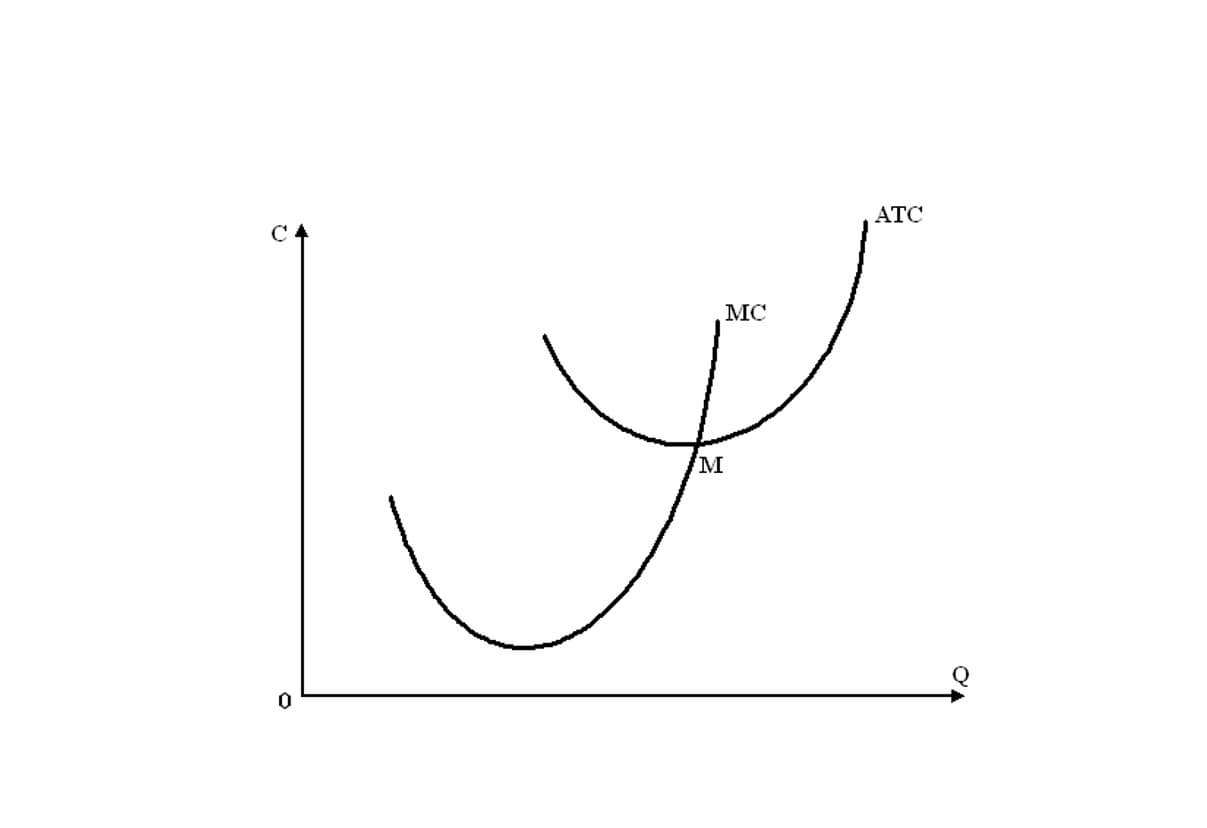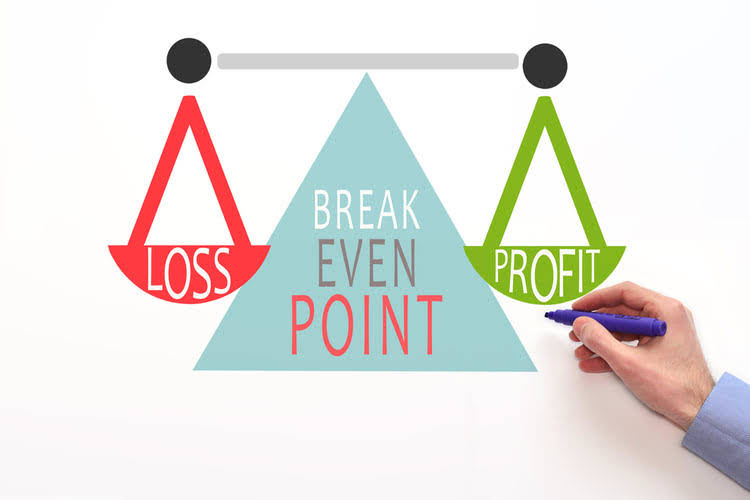
Even though we’ve gone through the main full charge bookkeeping responsibilities, let’s delve deeper into how an FC bookkeeper’s career differs from that of an accountant. In this post, we’ll look over what a full charge bookkeeper does, how much it costs to hire one, and where you can find one. Knowing the right forms and documents to claim each credit and deduction is daunting. Set your business up for success with our free small business tax calculator. For more specific salary information, consider researching average full charge bookkeeper salaries in your area.
- Figuring out the basics of bookkeeping and finding a reliable bookkeeper is the nightmare of every small business owner just starting.
- Full-charge bookkeepers generate those reports and examine the financial data to offer valuable insights into the organization’s financial health.
- This means that the full charge bookkeeper reports straight to a senior manager, such as the president, and may interact directly with the company’s board of directors and auditors.
- A full charge bookkeeper manages the ins and outs of the general ledger.
- Unlike standard bookkeeping which is limited to maintaining the books and basic data entry.
- Download our free checklist to help you partner with the right provider.
No matter how much bookkeeping and accounting duties might differ, a full service bookkeeping job combines some features of both. However, as your business appetites grow and your company scales, you might ask yourself whether this role should be taken to a higher level as well. ” question and explain the job’s duties, responsibilities, educational requirements, and more. The full charge bookkeeper analyzes the trial balance and makes any necessary adjusting journal entries to correct discrepancies, notes Solution Scout. Generally, the owner or management of the company, or an outside CPA firm, will approve the finished trial balance before the bookkeeper closes the books for the month.
How can Taxfyle help?
They ensure employees are compensated on time and according to applicable labor legal guidelines. Additionally, full-charge bookkeepers manage timesheets, ensuring that working hours are accurately recorded, and payroll is appropriately processed. An in-house bookkeeper typically focuses on a narrower range of duties, often reporting to a controller or accountant. Conversely, a full-charge bookkeeper operates independently, serving as the primary financial expert for the organization. To ensure success as a full charge bookkeeper, you should have advanced knowledge of bookkeeping and accounting systems, excellent project management skills, and a good eye for detail.

They process employee timesheets, run payroll checks and prepare monthly and quarterly tax returns. A full charge bookkeeper typically handles all of a company’s banking needs, including reconciling monthly bank statements and monitoring cash flow. The full-charge bookkeeper is often regarded as the financial backbone of an organization.
Save time and money on a customized accounting plan
Also, there are no official requirements, whether educational or professional, for this occupation. Most of the full-charge bookkeepers started as regular bookkeepers, gained experience, went through advanced accounting software training, and worked their way up the ladder. Since this role comes with higher responsibilities, it requires more experience in the field.
- They are entrusted with the critical responsibility of maintaining accurate financial records, providing valuable insights to facilitate decision-making, and ensuring compliance with financial regulations.
- It’s always a good idea to do some level of onboarding regardless of a hire’s past experience.
- Full-charge bookkeeping entails everything that regular bookkeeping does.
- Outsourcing provides access to bookkeepers who can offer a higher level of service, often at a fraction of the cost of a full-time employee.
- That’s why investing in bookkeeping and accounting services is never a mistake, especially if you can get two in one, which is the case with full-charge bookkeepers.
- To be a regular bookkeeper, a high school diploma or the equivalent of one is the minimum requirement.
Although some full-charge bookkeepers are also qualified bookkeepers with additional certifications or qualifications, their primary focus remains on day-to-day bookkeeping and accounting tasks. If you’re just starting out with your small business, you’ll probably be satisfied with the services of a regular bookkeeper. They’ll be in charge of getting your finances organized, keeping track of sales, income and expenses, and executing payrolls.
What is the lowest pay for Full Charge Bookkeepers?
The full-charge bookkeeper job description goes beyond the usual responsibilities that typical bookkeepers have. Like regular bookkeepers, they keep records of finances, bank transactions, income and expenses, create monthly or weekly statements, and run payroll and timesheets. Larger companies sometimes have the assistance of an outside certified public accountant to review and audit more complicated financial statements and tax returns. If the company grows to the size of a corporation, the full charge bookkeepers’ duties are shifted to a controller.







